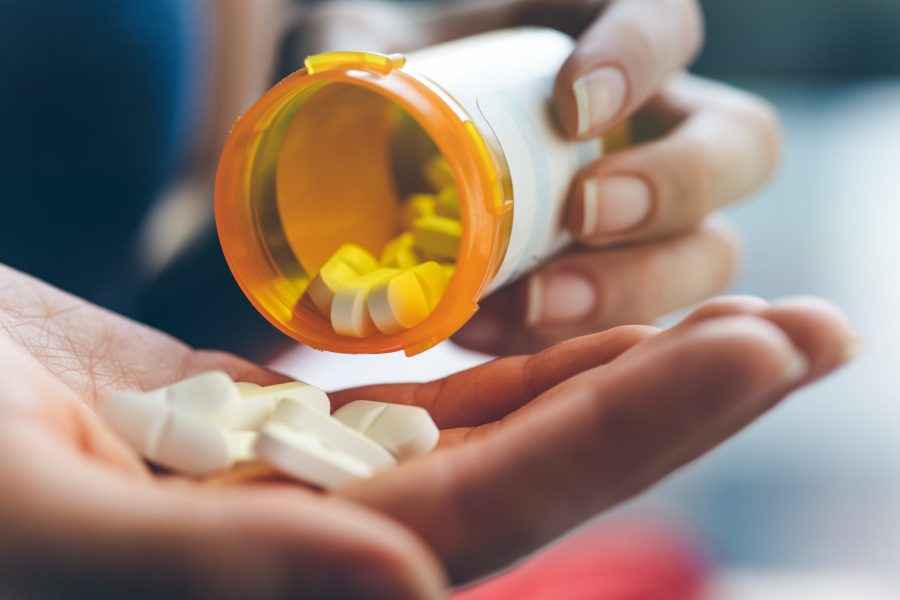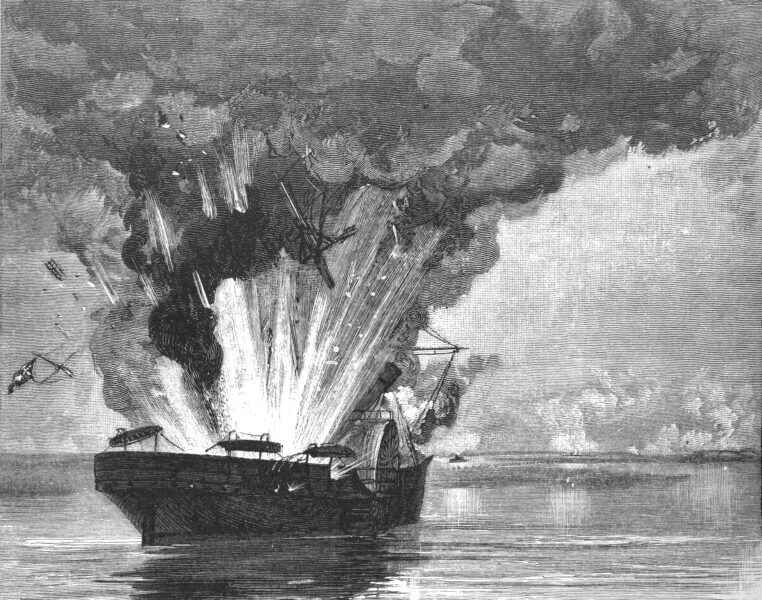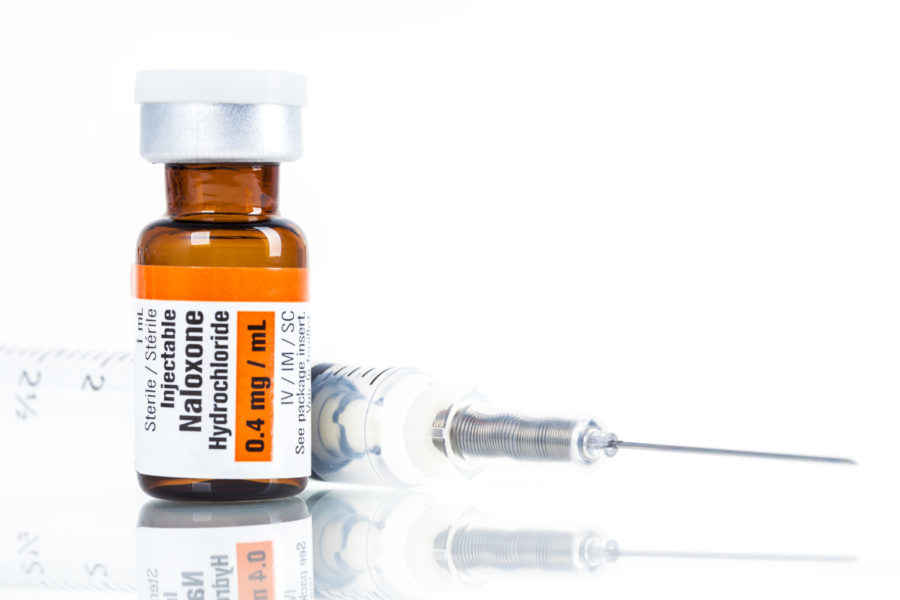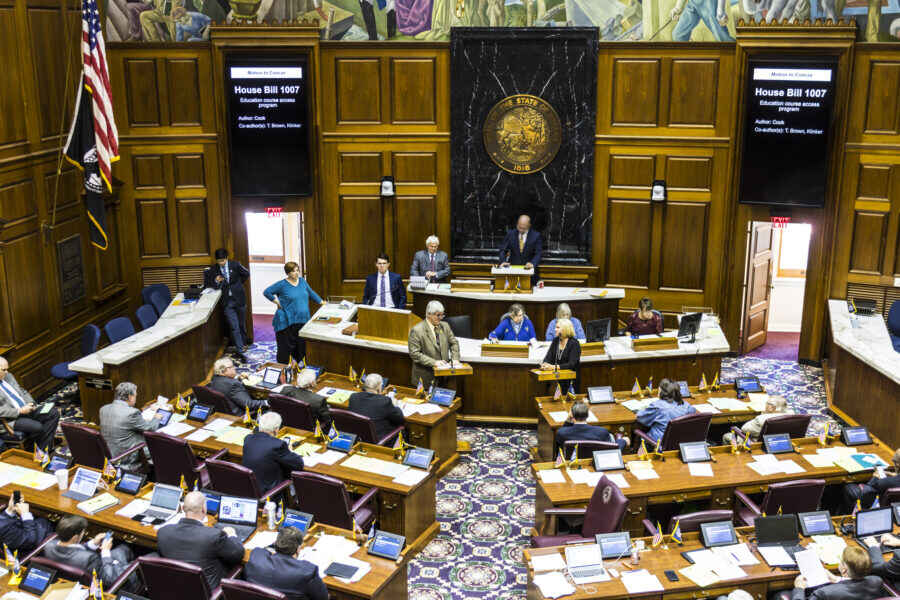In late July, the Trump Administration issued an Executive Order, “Ending Crime and Disorder on America’s Streets,” that threatens to further criminalize unhoused people, people who use drugs (PWUD), and other marginalized groups. While the order raised fears that all harm reduction activities would lose federal funding, SAMHSA has since clarified that lifesaving tools like naloxone, drug-checking supplies, and sharps disposal kits remain eligible for support. Still, the administration’s stance reinforces a dangerous narrative: separating “acceptable” overdose interventions from the core principles of harm reduction, which affirm the dignity and humanity of PWUD.












